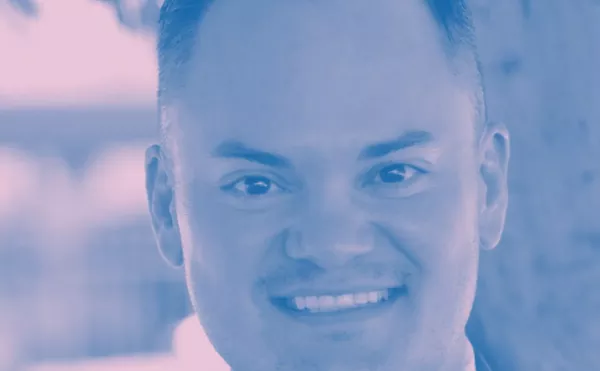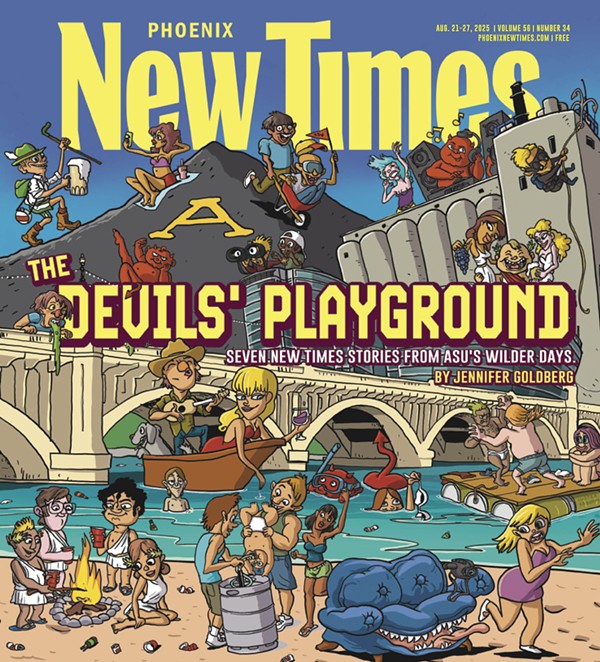If you read the synopsis of Louise Archambault's 2013 French-Canadian drama Gabrielle, then you walk into the movie knowing the experience isn't going to be easy. The title character, played by Gabrielle Marion-Rivard, is a 22-year-old woman living with Williams Syndrome, a rare genetic disorder characterized by delayed neurological development, cardiovascular disease, and abundant cheerfulness.
See also: 10 Must-See Movies at the Phoenix Film Festival 2014
The film follows Gabrielle as she struggles to attain and maintain things she considers ordinary: independent living and, most importantly, a relationship with her boyfriend, Martin, played by Alexandre Landry, whose own developmental impairment is apparent but never defined.
Of course, because of their conditions, Gabrielle and Martin don't always feel that they have control of their lives. Voices of opposition, support, and reason come from Gabrielle's sister (Mélissa Désormeaux-Poulin), professional caretakers, and Martin's protective mother (Marie Gignac), who ultimately puts forth executive decisions that dictate the trajectory of their courtship.
Despite the less-than-ideal circumstances, Gabrielle begins and ends on a sweet note -- literally, the timeline of the movie is structured around their rehearsals and final performance in a Montreal choir.
However this bookend positivity doesn't exactly make the movie fly by. Throughout the film, Gabrielle and Martin's choir repeatedly rehearses the same symbolic songs, like Robert Charlebois' "Ordinary" (a reference to Gabrielle and Martin's desire to be normal) and "Lindberg" (a song with reference to flying away and a girl named Sophie, incidentally the name of Gabrielle's sister who has left on a plane).
The film also feels longer thanks to certain scenes that run without sound for extended periods of time. Presumably, these moments of total silence are an attempt to add emotional depth to film, but instead they pull the viewer out of the movie and back into reality.
Add to all of this the sometimes unstable, and thus nauseating, camerawork, and there are times when Gabrielle seems like it's much longer than it needs to be.
Still, it's easy to feel affection for Gabrielle and Martin. And that helps the 105-minute film stay interesting -- even during the repetitive and lengthy parts. Given the somewhat gray-area subject matter that it's attempting depict, Gabrielle does a decent job of being real but uplifting, honest but not predictably heart-breaking. So if you're patient, lack motion sickness, and are fully prepared to be envious of the Canadian healthcare system, Gabrielle carries both promise and a positive outlook.
The Phoenix Film Festival will hold a final screening of Gabrielle at 7:10 p.m. Wednesday, April 9, at Harking Scottsdale 101. Visit www.phoenixfilmfestival.com for tickets and information.












